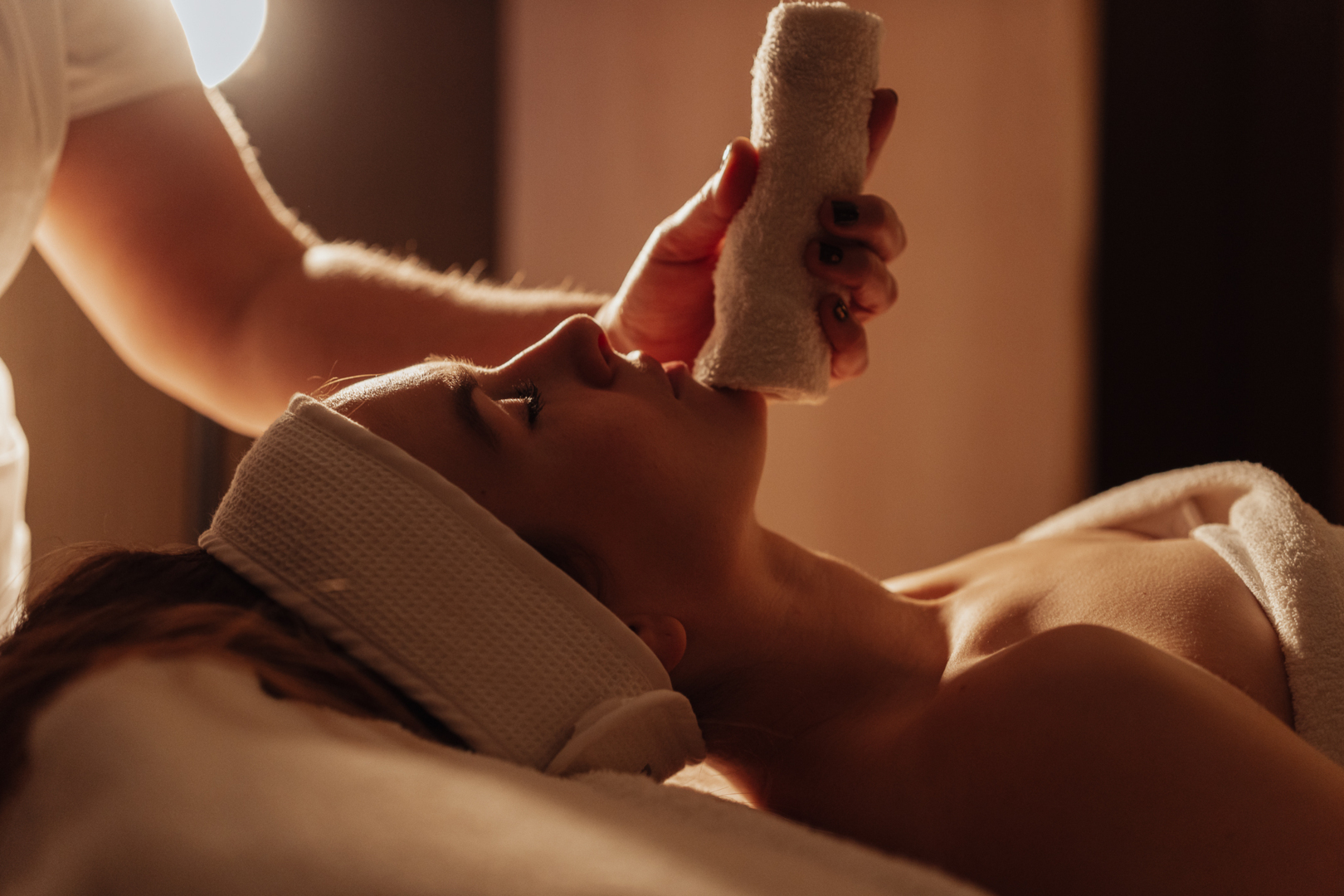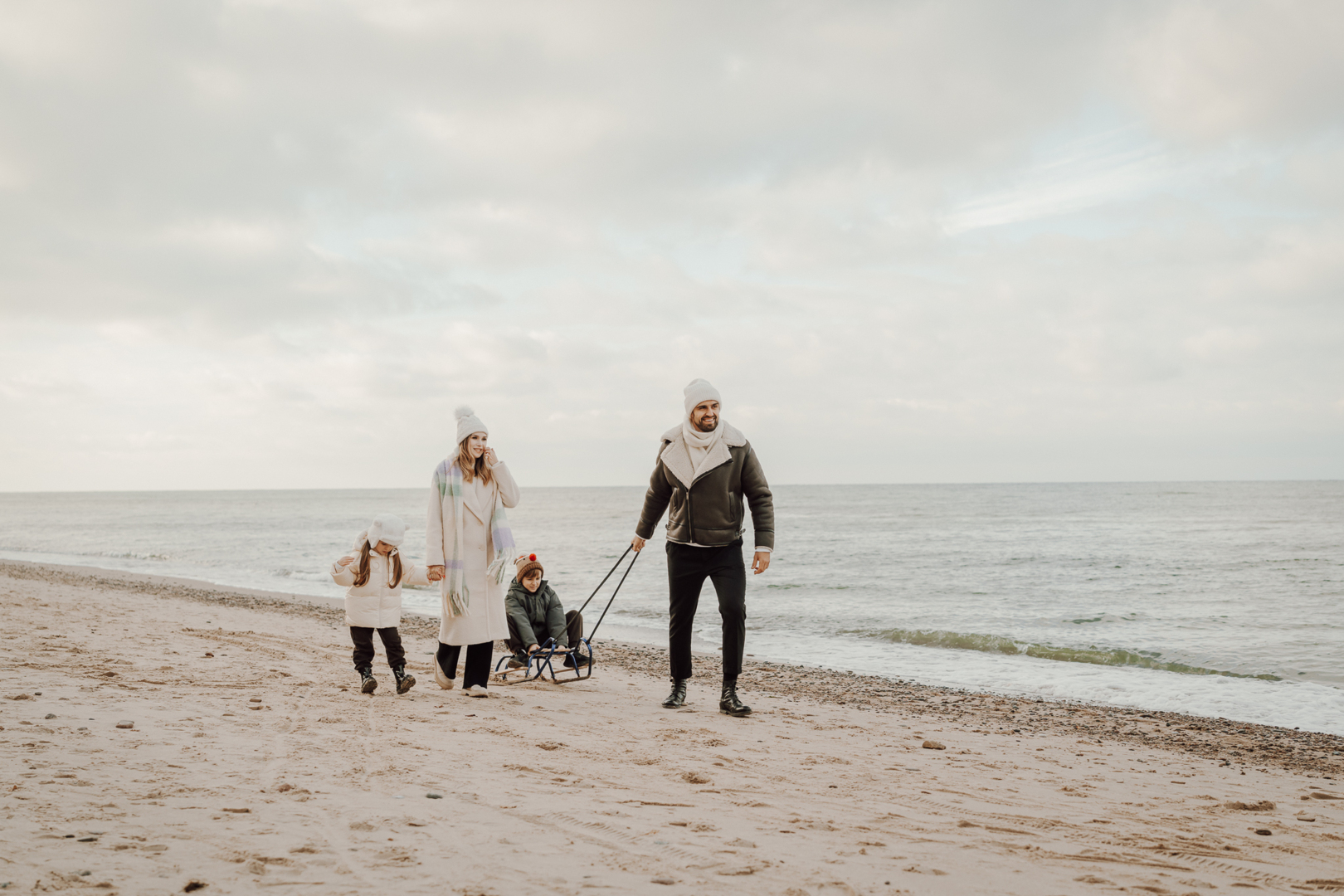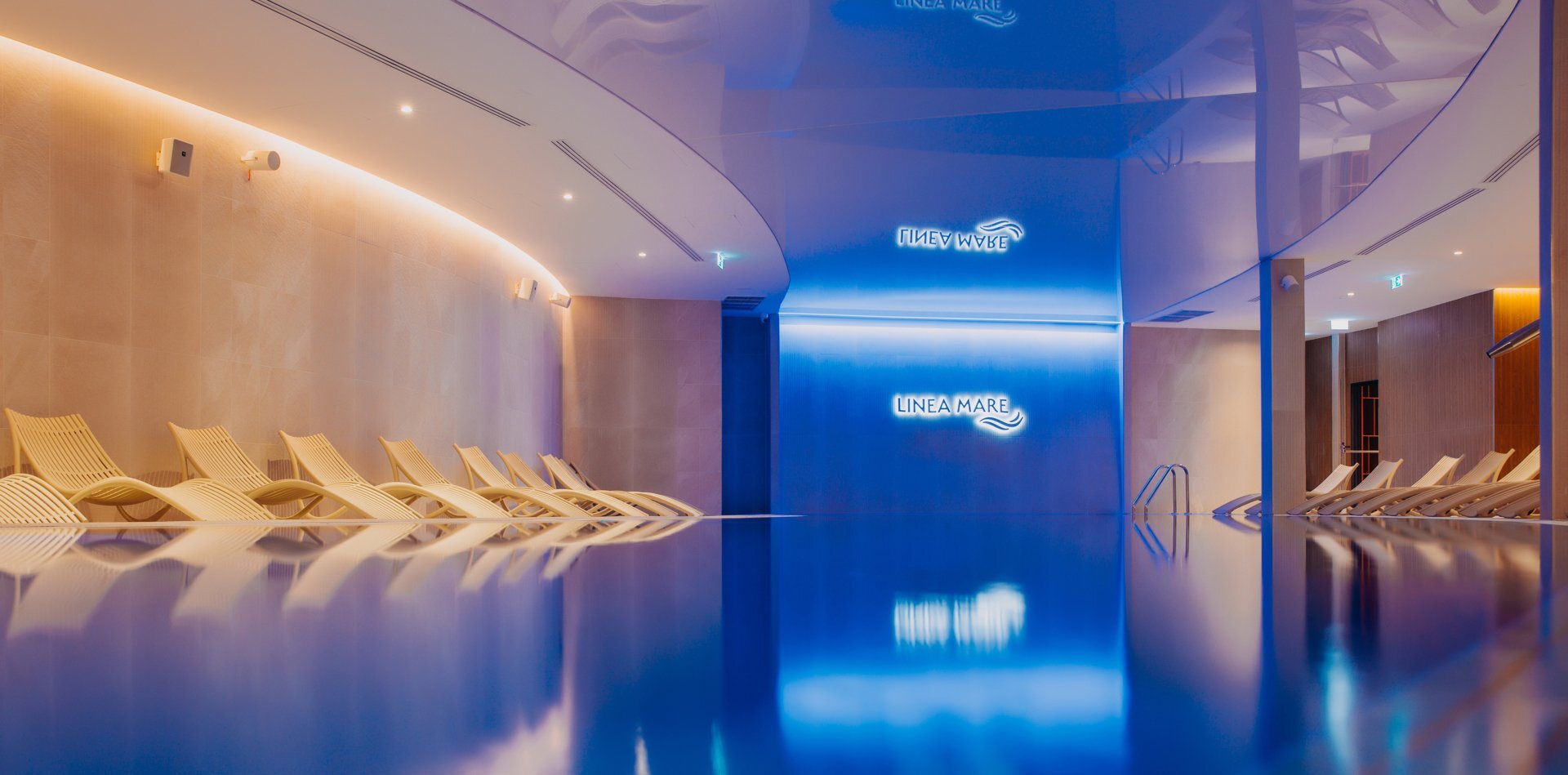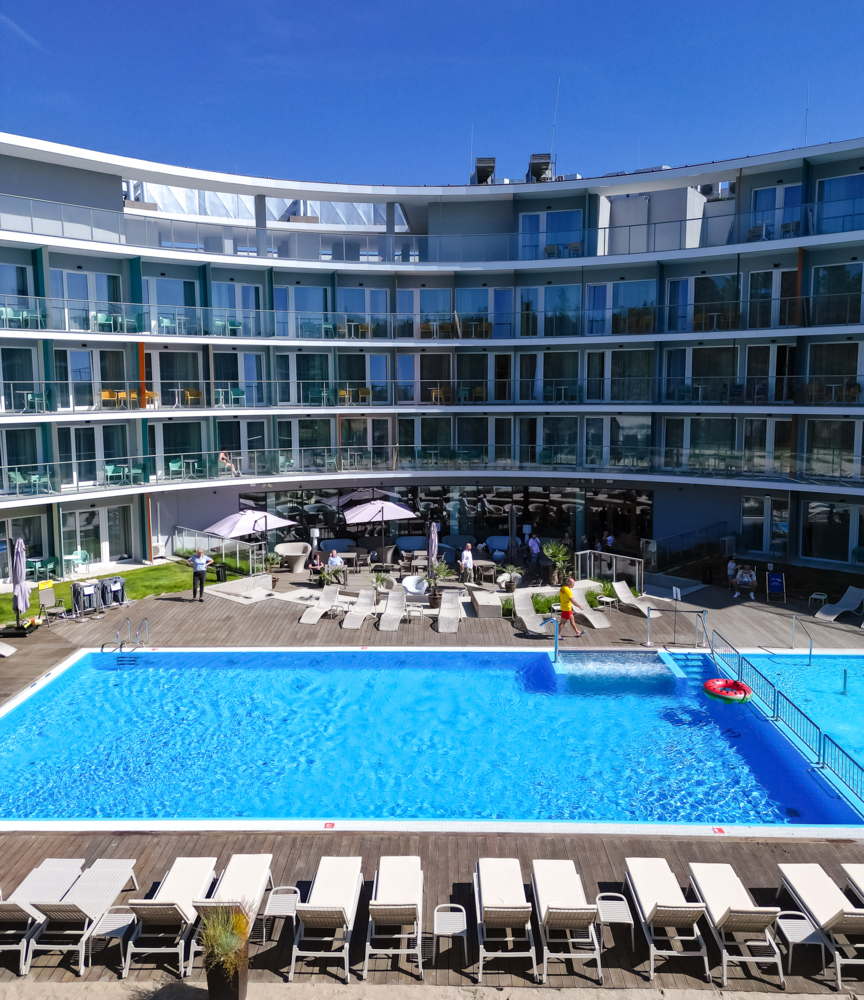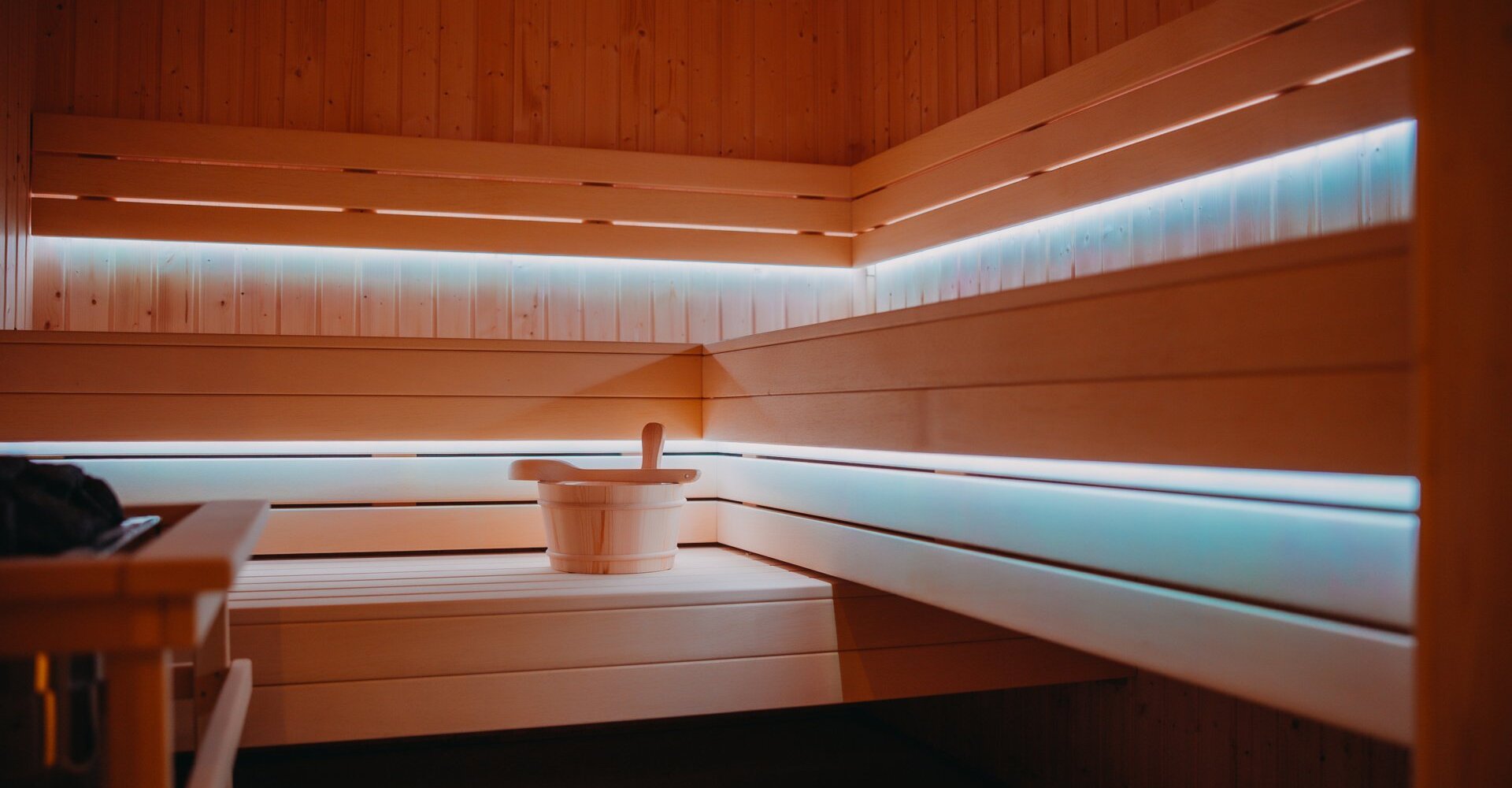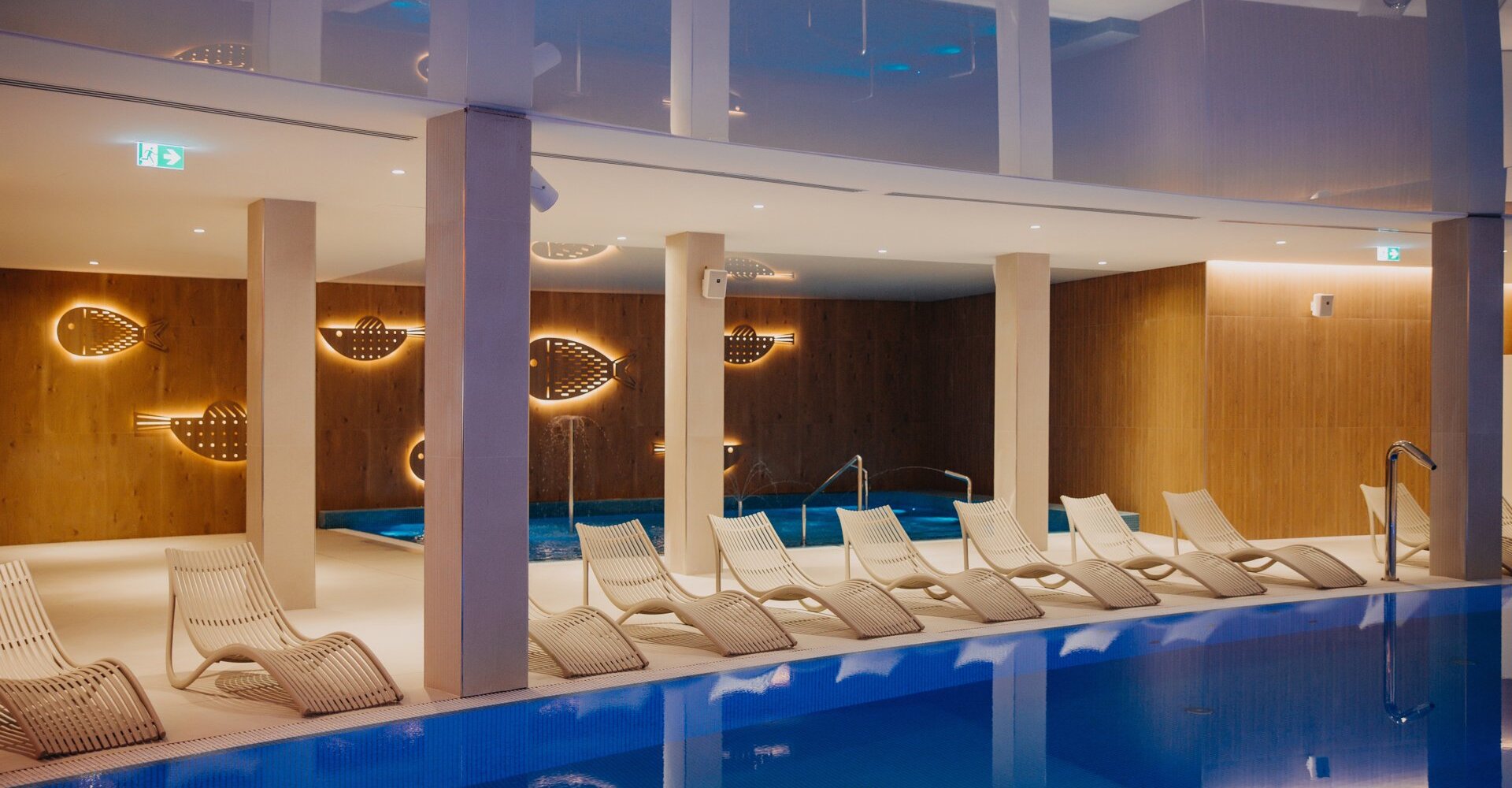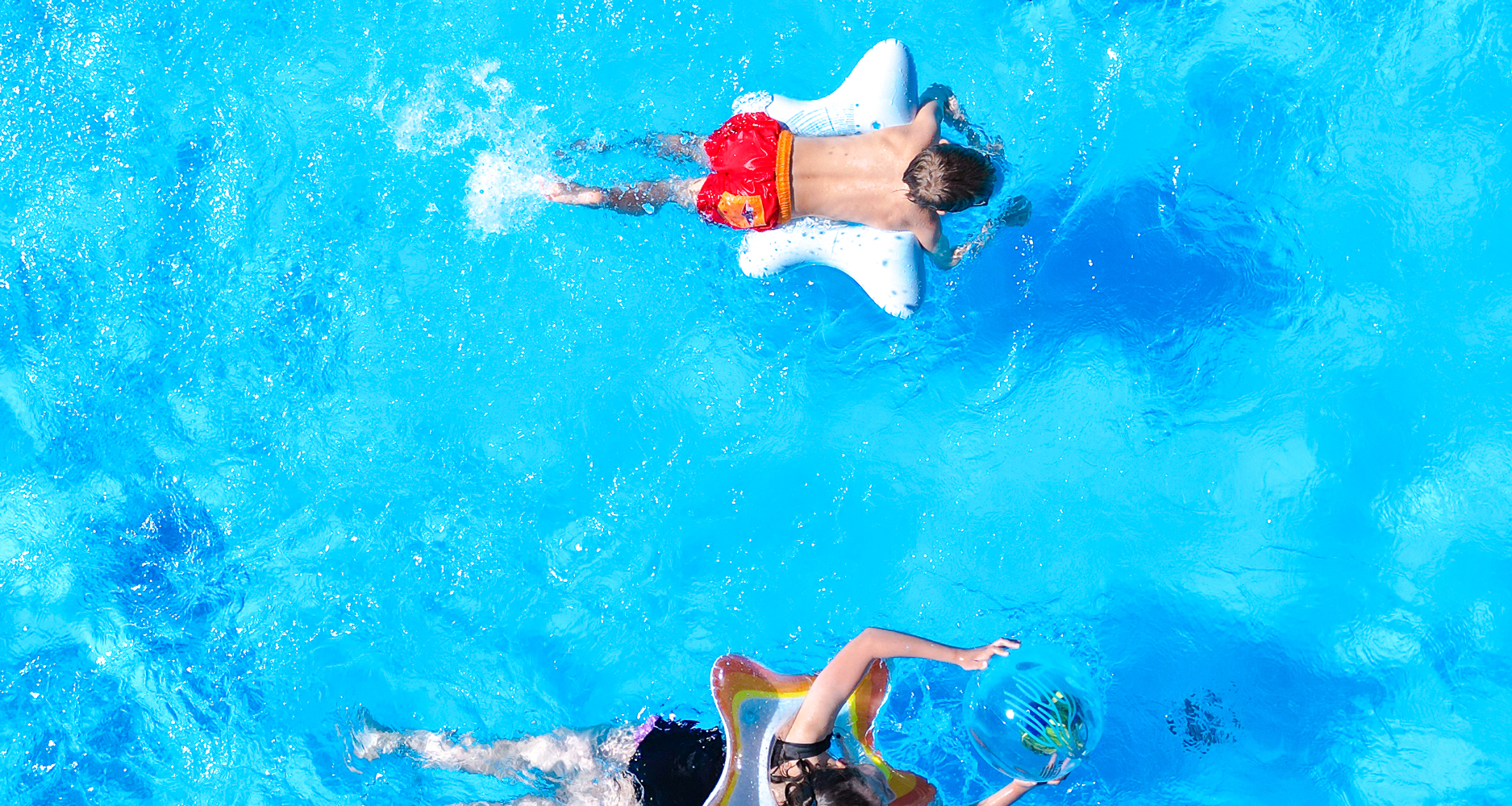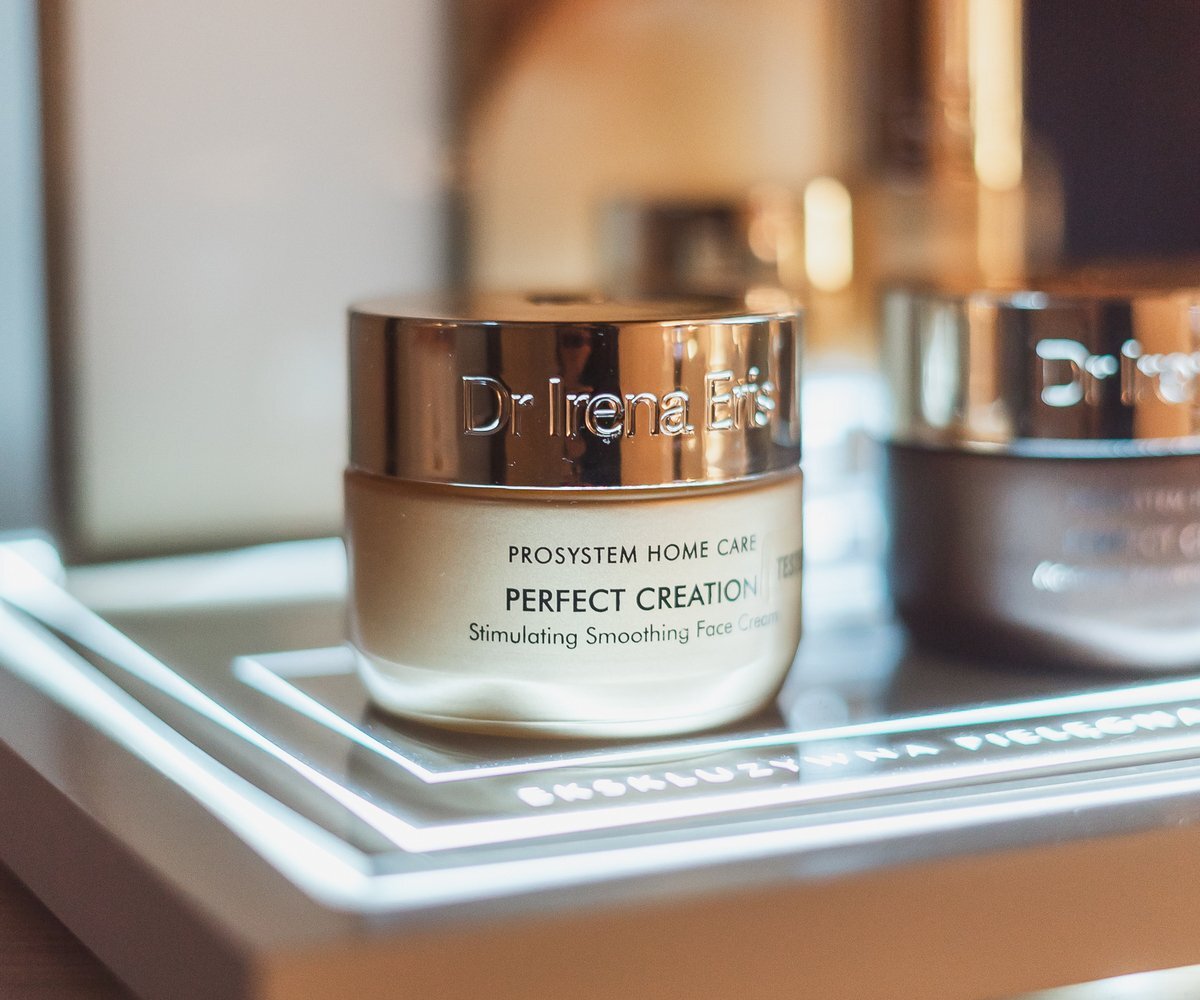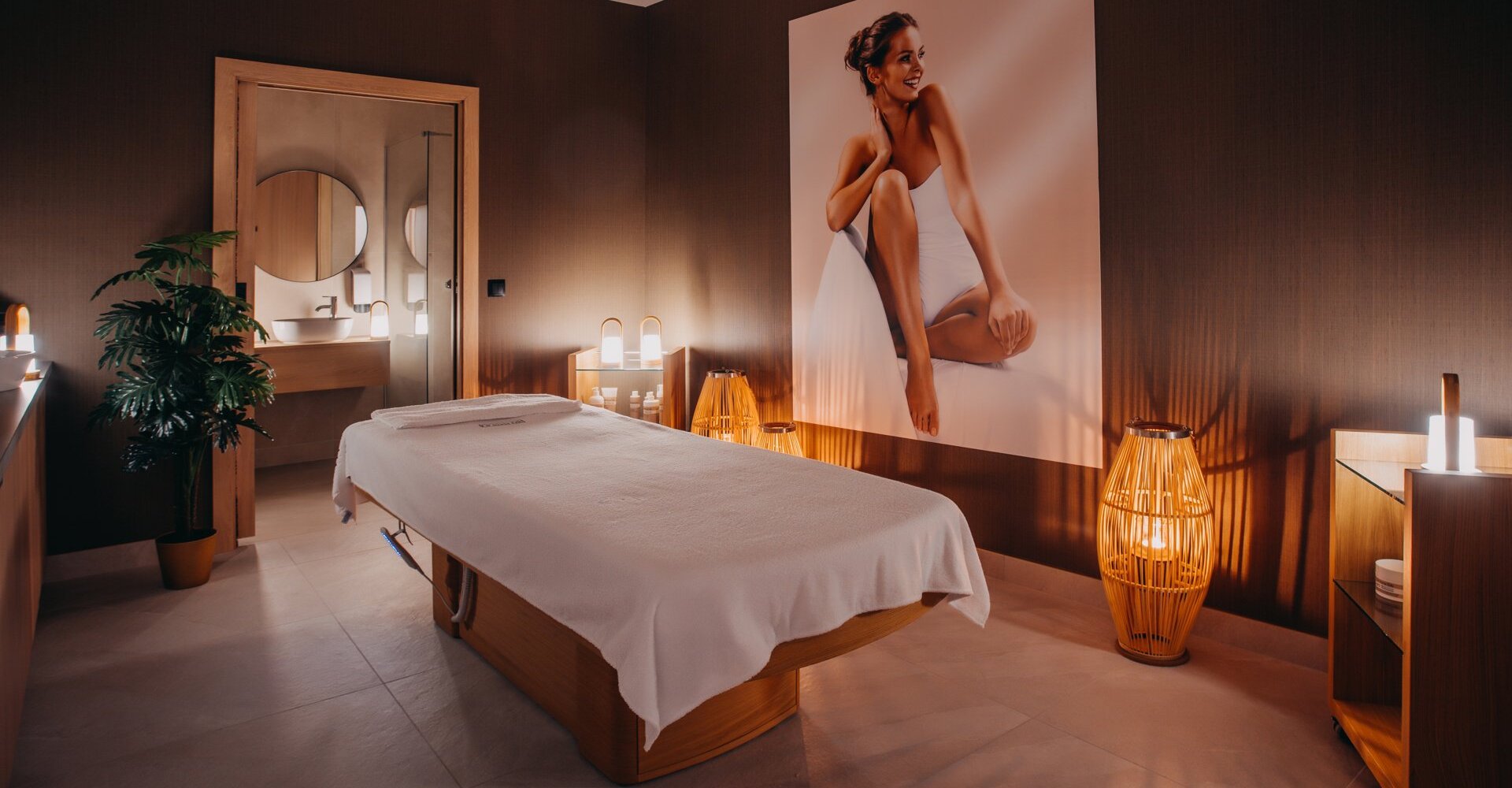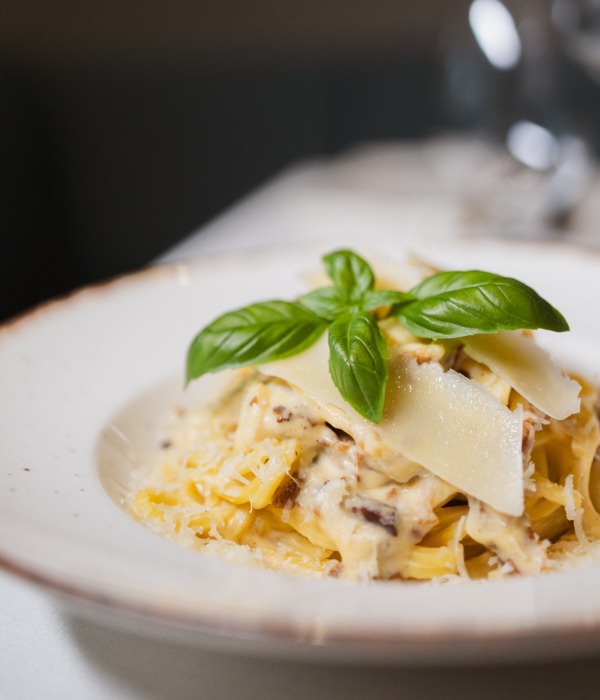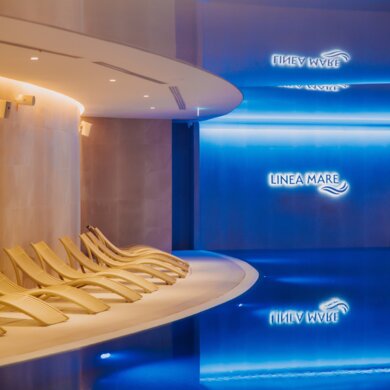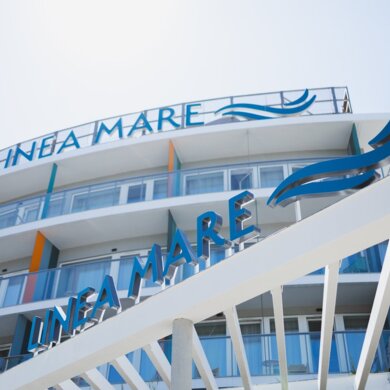Hotel by the sea
Linea Mare is a 5***** hotel with a swimming pool by the sea, offering guests a wide range of activities, including:
- a SPA&Wellnes area,
- the Italian restaurant Albero and Lobby Bar,
- an indoor pool as well as a summer outdoor pool,
- and above all - a location 300m from the beach!
At Linea Mare you will find comfortable rooms and suites where you will feel at home. Each room and flat has been designed to meet the needs of our guests and provide the best conditions for their stay. Pobierowo is an ideal place for both families with children and couples looking for a romantic atmosphere. During the day you can enjoy the beauties of the sea, and in the evening relax in the SPA area or enjoy delicious dishes in the restaurant. Book today and plan the holiday of your dreams in a hotel by the sea that will ensure unforgettable moments.
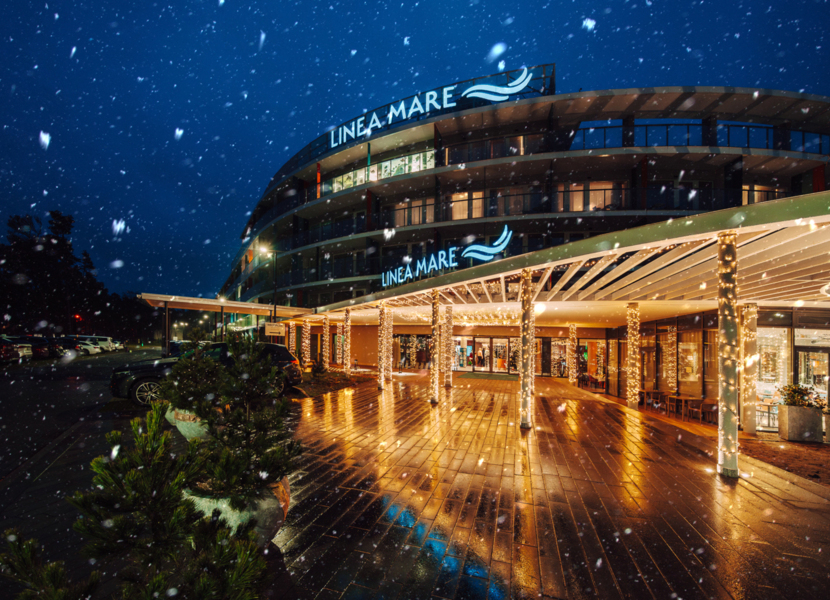
For health, movement, relaxation
Facilities to promote relax, health and physical activity:
- Nordic Walking pole rental and green zone where you can be active outdoors,
- Aqua Mare zone - indoor pool, jacuzzi and paddling pool for children,
- sauna zone: large ritual sauna, infrared sauna, steam bath & family Finnish sauna,
- sauna evenings - check the calendar!
- gym.
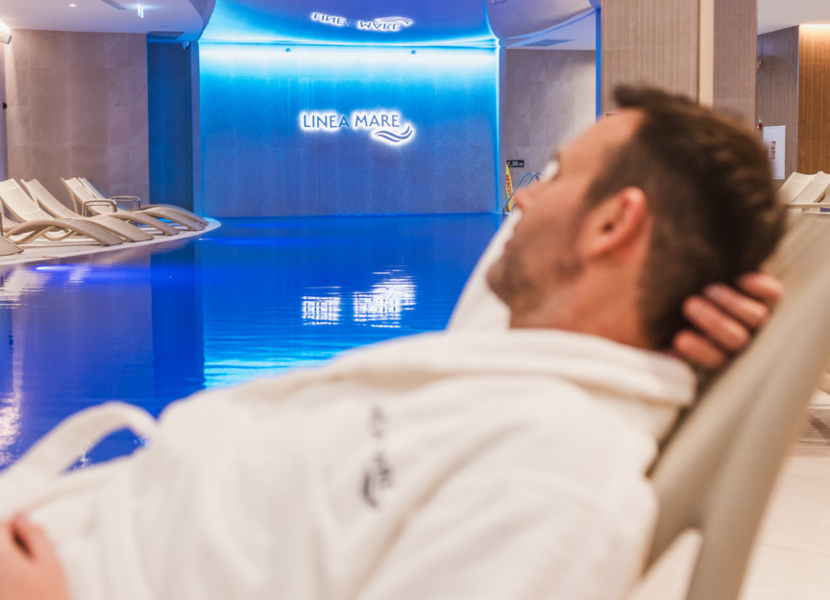
ROOMS BY THE SEA

Discover luxury rooms and flats in Pobierowo, providing comfortable accommodation by the sea. The interior design of the rooms and flats was inspired by the Baltic landscape. Light wood and sea colours dominate here. Our aim was for you to also feel a breath of fresh breeze in your room by the sea. Reach beyond the horizon. Feel the freedom.
Attractions for children
- Animations for children Check animations plan!
- Playroom & Game Room,
- Outdoor playground,
- Meals for children in the buffet , as well as dedicated
Kids Menu in the a'la carte restaurant Albero, - Aqua Mare's water fun zone - paddling pools at the indoor and outdoor pools,
- Family sauna,
- Treatments dedicated to children in Dr Irena Eris Beauty Partner,

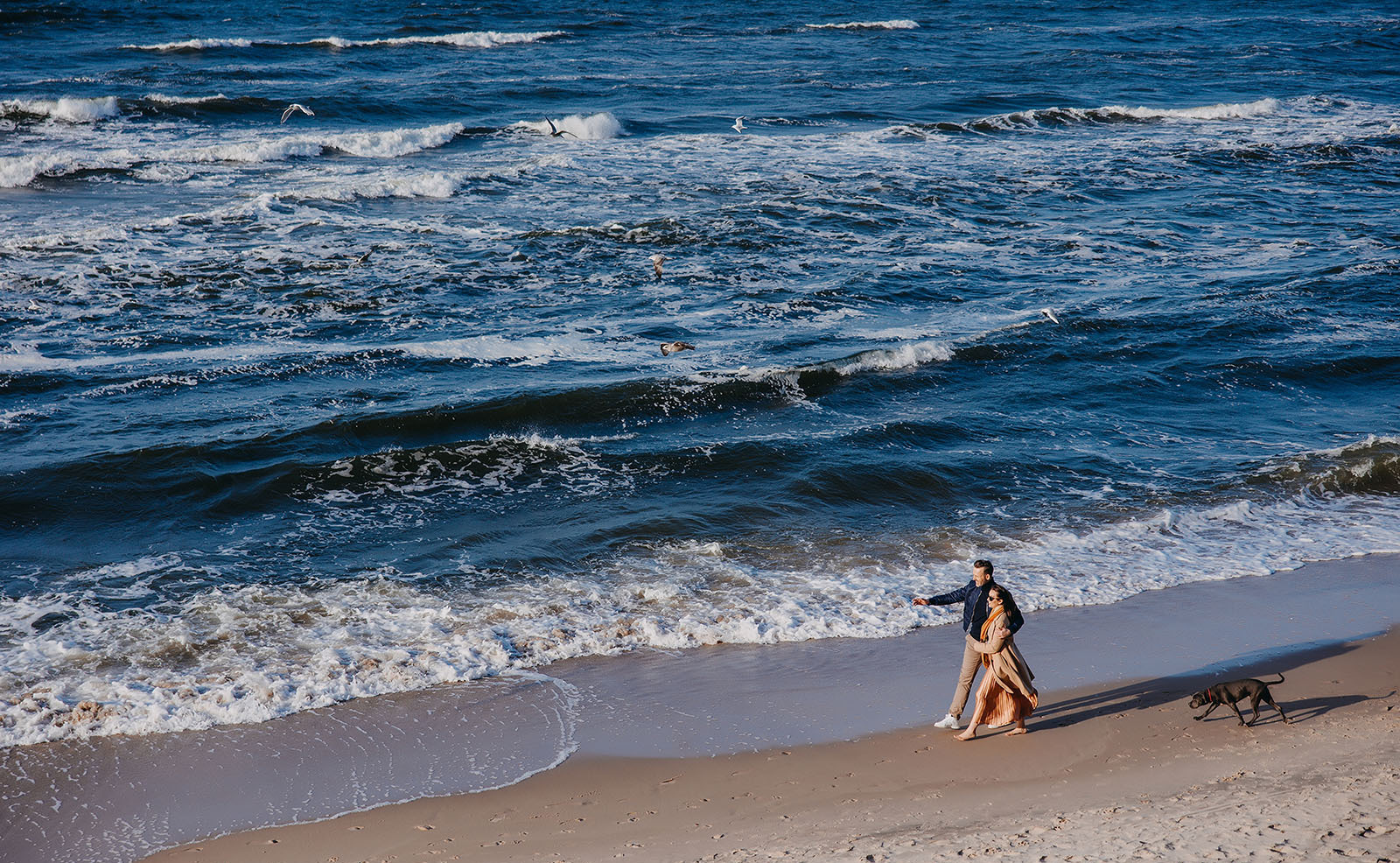
Wondering how to combine relaxation with health benefits? A stay at the Baltic Sea is the perfect opportunity to relax while strengthening your body. The sea air, rich in iodine, not only supports immunity, but also has a beneficial effect on thyroid function, metabolism and the condition of the skin, hair and nails. Walking along the Blue Flag beach in Pobierowo, which is famous for its clean air and water, is a natural way to oxygenate the body and improve health.
The Linea Mare Hotel, located just 300 metres from the sea, is the ideal place for regeneration - for families and couples alike. Choose a healthy holiday that will positively affect your body!
Dog friendly hotel
Are you looking for the perfect holiday destination where you and your four-legged friend will be welcomed with open arms? Discover Linea Mare - your oasis of relaxation by the sea, where love for animals unites us all! We understand perfectly well that a dog is not just a pet, but a full-fledged family member that is difficult to leave behind. At Linea Mare we have created the perfect conditions not only for you, but also for your furry friend. We offer dog holidays by the sea in a dog-friendly hotel where everyone feels at home.


Discover the culinary face of Linea Mare. Savour the extraordinary offerings of our chefs, discover unusual flavours and seaside specialities. Enjoy excellent breakfasts and dinners. Go on a culinary cruise with Albero - the Italian restaurant in Pobierowo. We will moor in more than one port. Linea Mare is a hotel with delicious meals right by the sea.
Linea Mare Pobierowo
ul. Karola Borka 6, 72-346 Pobierowo
rezerwacja@lineamare.pl
LINEA MARE OPERATOR SP. Z O.O.
ul. Widok 8
00-023 Warsaw
NIP: 52 52 863 393



